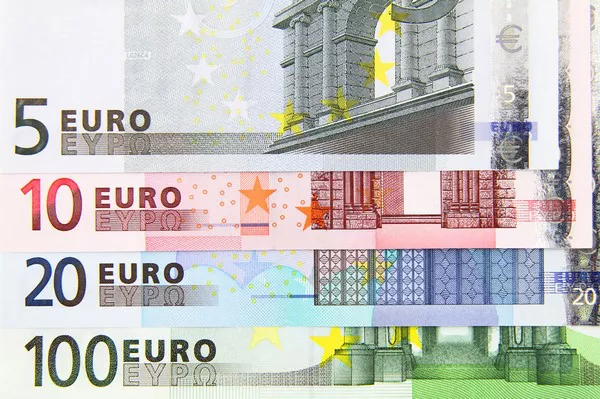The exchange rate between the British pound and the euro is one of the most closely watched financial indicators in the world. Many factors can influence this rate, ranging from economic data releases to political developments within the European Union and the United Kingdom. In this article, we will discuss some of the key factors that are likely to shape the trajectory of the pound-euro exchange rate and provide a comprehensive analysis of whether the pound is expected to go up or down against the euro.
1. Economic Data Releases
One of the main drivers of currency movements is economic data releases. Economic indicators such as inflation rates, GDP growth figures, and employment data can all influence the value of a currency. In recent years, there has been a divergence between the economic performance of the UK and the Eurozone. While the UK economy has shown signs of resilience despite the uncertainties surrounding Brexit, the Eurozone has struggled with slow growth and persistently low inflation. However, it is worth noting that the COVID-19 pandemic has disrupted economic activity globally, and the long-term impact on both economies is still uncertain.
2. Brexit and Trade Relations
Brexit continues to be a major factor affecting the pound-euro exchange rate. Following the UK’s departure from the EU, trade negotiations have been ongoing, and the outcome of these talks could have a significant impact on the pound’s value. Furthermore, any setbacks in trade negotiations could increase uncertainty, leading to a fall in the value of the pound.
3. Political Developments
Political developments within the UK and the EU can also influence the pound-euro exchange rate. Elections, changes in government, and shifts in public opinion can all affect the political landscape and, therefore, impact the value of the currencies. For example, a change in government in the UK could lead to a shift in policy that might impact the economy and, consequently, the value of the pound.
4. Central Bank Policies
The policies of central banks can also impact exchange rates. The Bank of England and the European Central Bank (ECB) have taken different approaches to interest rates and monetary policy in recent years. The Bank of England has raised interest rates gradually, while the ECB has kept rates at record lows. This divergence in policy could lead to a strengthening of the pound against the euro if interest rates continue to rise in the UK.
5. Market Sentiment
Finally, market sentiment can play a role in currency movements. Investor confidence and risk aversion can cause fluctuations in exchange rates. For example, political turmoil or economic uncertainty can lead investors to shift their funds to safe-haven currencies, causing a fall in the value of riskier currencies such as the pound.
Conclusion: Will the Pound Go Up or Down Against the Euro?
Given the complexity of the factors discussed above, it is difficult to predict with certainty whether the pound will go up or down against the euro in the coming months. However, based on current trends and developments, there are some indications of what we might expect.
In the short term, the pound could face some volatility due to ongoing uncertainty surrounding Brexit negotiations and the COVID-19 pandemic. Any negative news related to these issues could lead to a fall in the value of the pound. However, if trade negotiations progress positively and the UK’s economy continues to perform relatively well, this could provide support for the pound.
In the longer term, the direction of the pound-euro exchange rate will largely depend on how the two economies perform and the policies of their respective central banks. If the UK’s economic growth outpaces that of the Eurozone and the Bank of England continues to raise interest rates, this could lead to a strengthening of the pound. Conversely, if the Eurozone begins to recover and the ECB starts to tighten monetary policy, this could lead to a strengthening of the euro against the pound.
Ultimately, the pound-euro exchange rate is subject to a wide range of economic and political factors that are difficult to predict. Investors and businesses operating in both currencies should closely monitor developments and adjust their strategies as necessary to mitigate risks and capitalize on opportunities.


